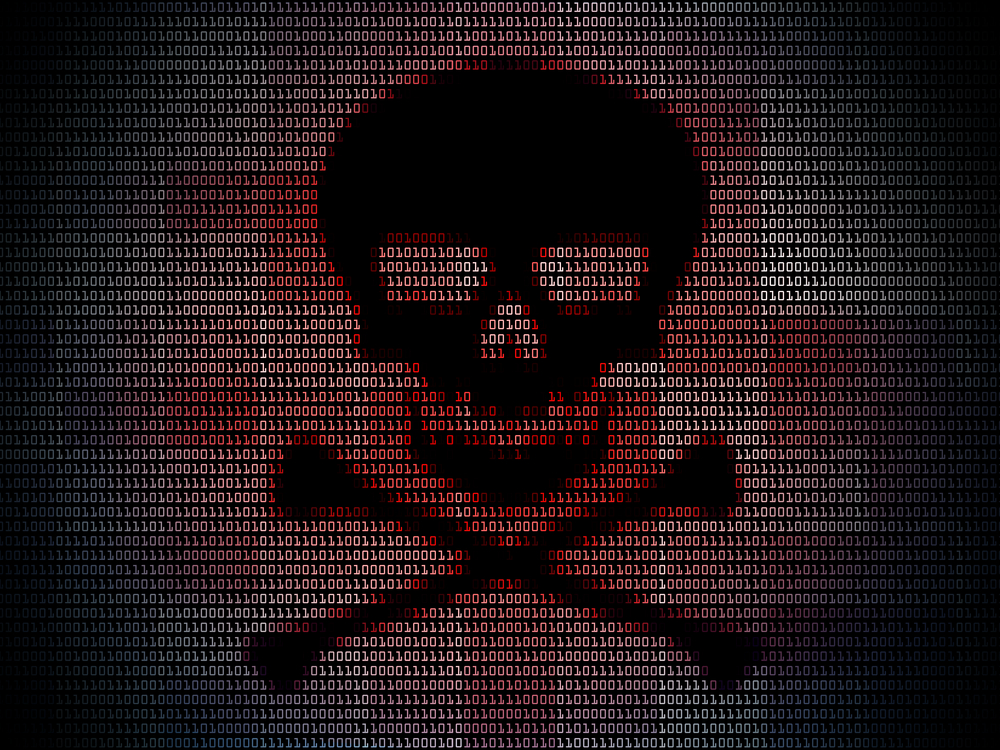Once upon a time, it seemed that computers would embody the very best of what technology could provide, offering an almost utopian vision of community and progress. However, the sad reality of human behavior has led to an explosion of malware in virtually every aspect of computing. Today, computer users are bombarded with threats from a vast array of sources, and this means that the need to detect malware in order to prevent or remove it is more important than ever.
TYPES OF MALWARE
The term “malware” is a portmanteau created from a contraction of malicious software, and it refers to any software that can damage, impair, or compromise computer functions or cause harm to a computer. There are several key types of malware that a user is likely to encounter, and preventing malware infection depends on knowing how and why a user can receive malware.
The most common type of malware that the average user is likely to encounter is adware, a type of malicious software that delivers advertisements, often in the form of popups. Adware can sometimes go undetected when a user is led to believe that additional popups are coming from websites that they have visited rather than from the malicious adware installed on their computers. Users can encounter adware when they download programs in which adware is bundled, or when a website includes malicious code designed to install adware.
Another common type of malware is a bot, a program that is designed to perform a specific operation. These bots can hijack the functions of a computer and use the device to launch a directed denial of service attack, distribute spam, or perform other undesirable functions.
Additionally, users also frequently encounter ransomware, a malicious program that locks a user’s computer and displays a message demanding that the user pay a monetary ransom in order to gain access to the computer again. Similar to ransomware is spyware, which infests computers in the same way, but instead of locking the device it secretly records personal data. Trojan horses, viruses, and worms spread in a similar way, but their purpose is typically to damage a computer rather than to attack the computer’s user.
MALWARE DETECTION
While there are many different types of malware, there are also many symptoms that can let a computer user know that something is wrong with their system. If your computer is acting slow or seems to be using a lot of its CPU resources even when you aren’t doing anything, your computer might be infected. If the computer has trouble connecting to networks, or if your files seem to disappear or to be modified, you might also have a problem. If you notice any strange files on your computer that you did not put there, or if programs such as your antivirus seem to mysteriously change or shut off, you might have a malware infection.
The best line of defense against malware is to avoid downloading or installing it in the first place, and antivirus and internet security programs can help you to avoid potentially malicious files. Try to avoid downloading anything from a website you don’t trust, and if a file seems suspicious, avoid it. For example, if you are downloading what should be a Word document, but its extension doesn’t match – for example, it is .exe instead of .docx – there may be a problem with the file, and you should check to make sure it is correct before downloading and opening it.
It’s also a good idea to keep your antivirus up to date and to run it frequently to check for malware. However, it is also recommended that users have a dedicated anti-malware program that can check for types of malware that virus scanners do not necessarily search out. These programs can help to keep your machine safe, and they can also remove malware when it is detected.
Preventing and controlling malware is an essential for anyone who uses a smart device or computer in today’s world. By taking commonsense steps now, you can help keep your computer safe and secure, and more importantly, you can also help to prevent cybercrime and identity theft, which are major crimes that can have a devastating impact on your finances and your life.
This essay is provided by a freelance writer from Cheap Writing Help academic writing company. If you liked this article, follow us on Twitter @themerklenews and make sure to subscribe to our newsletter to receive the latest bitcoin, cryptocurrency, and technology news.

